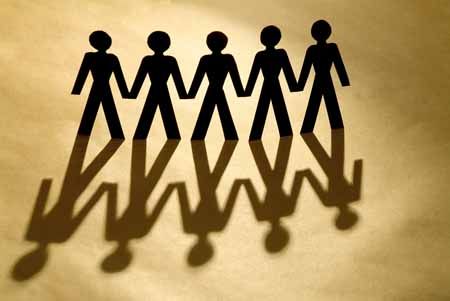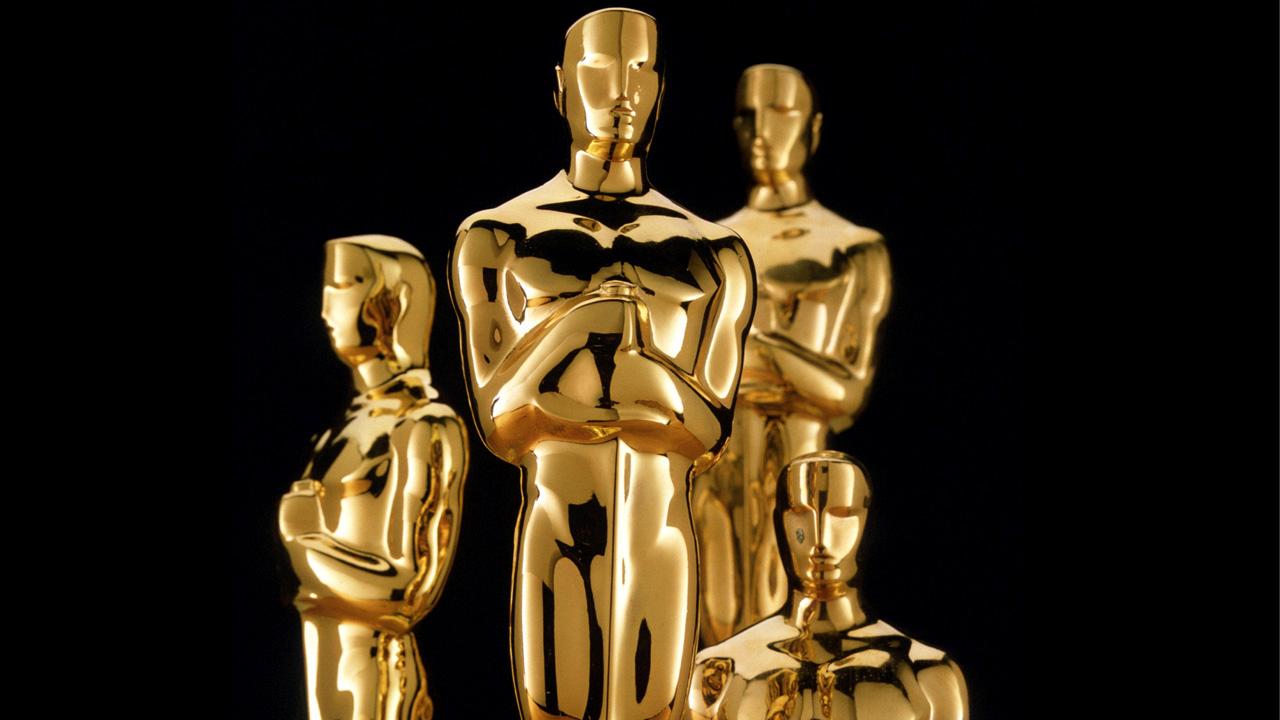I started investing in the US stock market my second year of business school. I thought it was just part what you do in business school; drink coffee, read Financial Times and invest in stocks. I thought I’d try to apply what I learned in class to pay back some of those student loans a little quicker. Bad idea but that isn’t the point.
In order to improve your chances of a decent return when you invest in securities like stocks, there are certain technical analysis ratios that you’re supposed to use evaluate and predict returns. Beta is one of those magical ratios.
Beta ratio gauges the volatility of a security by comparing it to the performance of a related benchmark over a period of time. To keep it simple, investors use beta to see how downside capture they can expect from an investment.
From Investopedia
The baseline number for alpha is zero (investment performed exactly to market expectations), but the baseline number for beta is one. A beta of one is an indication that the security’s price moves exactly as the market moves. If the beta is less than one, the security experiences less severe price swings than the market. Conversely, a beta above one means that the security’s price has been more volatile than the market as a whole.
While a positive alpha is always more desirable than a negative one, evaluating beta is not so black and white. Many investors – being risk-averse – prefer to have a lower beta; however, some investors are willing to target a higher beta, hoping to capture higher returns and cash in on the higher volatility.
Most of these ratios are historically leaning. They use information from past to predict future results. It’s difficult and next to impossible to find a magical ratio that can give you vision into future performance.
Well this is true most of the time. The best investors will tell you to take a long term approach in building value. However, The upside in the public market will never match the multiples on an investment when the company is private. It’s way more risky, but at the end of the day, you get in on the ground floor and are compensated come IPO. (most of the time)
I’ve found investing in relationships to be very similar to investing in companies. There’s a ton of information out on how to do them, products and services around improving both processes, and risk with both investments. And the secret to success in both is pretty similar as well.
Creating a group of friends, associates, or colleagues that are super successful doesn’t happen overnight. Actually, its pretty close to impossible to create this type of super network without putting in a lot of work early on. Yes, the secret to it all is meeting people before they are successful and supporting them on their pathway to success. It starts with some self reflection.What value to you bring to the table? What is your unique advantage? Understanding your strengths will help evaluate what your value add is to other people’s quest to success.
Second, you’ll need a good understanding of what potential for success looks like early on in the journey. Have you met someone that has more hustle than anyone you’ve ever met? Do you know someone that seems to have the Midas touch? People give hints of greatness and are just waiting for people to believe and support them.
Lastly, give. Once you’ve identified who and how you can support, give. Think about how you can build them up through relationships and the opportunities you have access to.
To be concise; Get in early, build value, reap the rewards.




